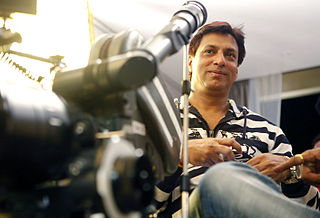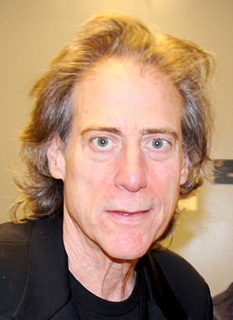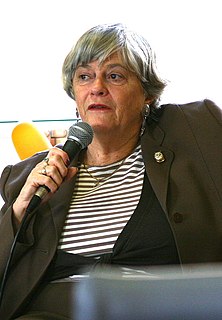A Quote by Ashwin Sanghi
It is easy to club people together, but there are bound to be influences of authors you've read. I grew up reading fast paced authors such as Sidney Sheldon and Jeffrey Archer, but to say I'm one of them isn't true; my style is intrinsically my own.
Related Quotes
My favourite authors are John Grisham and Jeffrey Archer. Grisham rapidly established himself and now completely owns the legal space of fiction writing, something I want to do in financial space. I like Archer because he keeps his readers engaged: every chapter is a page turner, and he keeps his writing simple.
At first critics classified authors as Ancients, that is to say, Greek and Latin authors, and Moderns, that is to say, every post-Classical Author. Then they classified them by eras, the Augustans, the Victorians, etc., and now they classify them by decades, the writers of the '30's, '40's, etc. Very soon, it seems, they will be labeling authors, like automobiles, by the year.
If the rewards to authors go down, simple economics says there will be fewer authors. It's not that people won't burn with the passion to write. The number of people wanting to be novelists is probably not going to decline - but certainly the number of people who are going to be able to make a living as authors is going to dramatically decrease.
I read everything and anything related to being queer. I found solace in reading authors like Audre Lorde and bell hooks, who would become my activist staples - their words helped me grow up and taught me how to be bold and courageous. By studying them, I came to understand that being young and queer and black would not be easy.

































